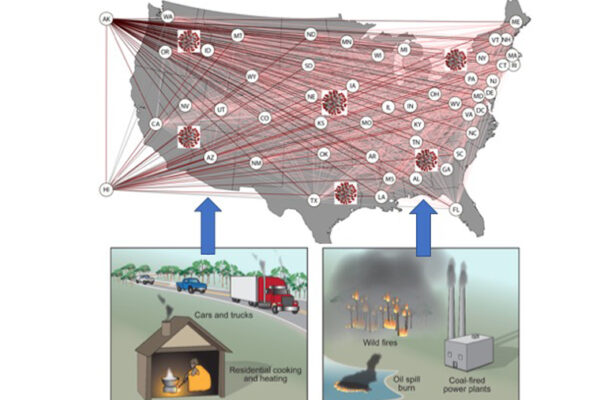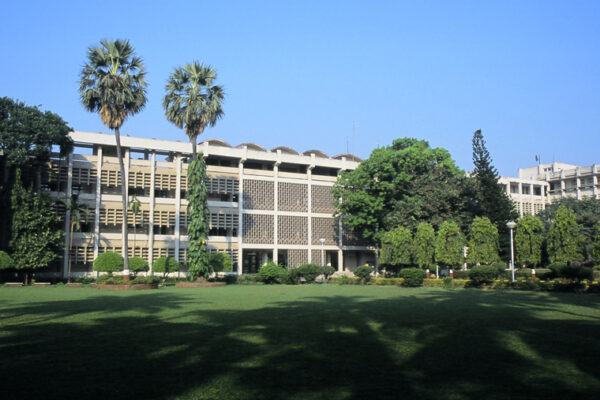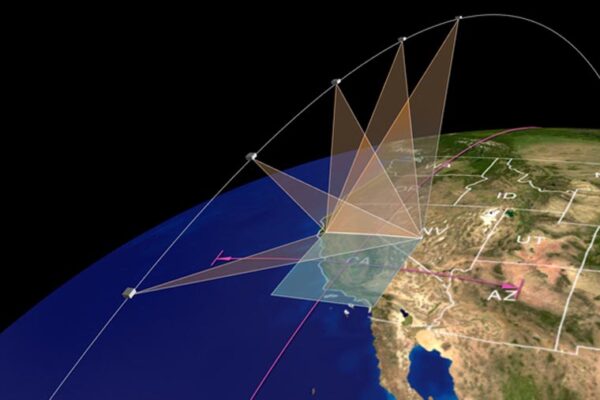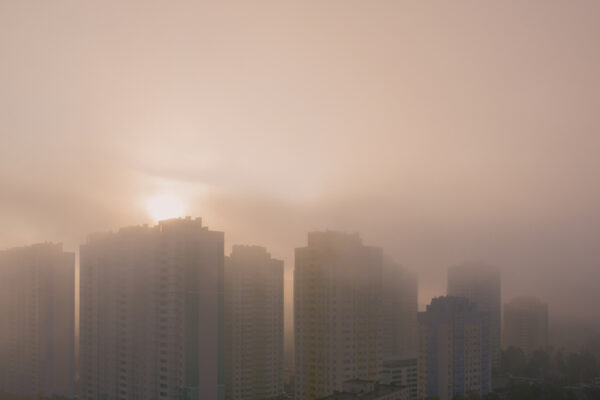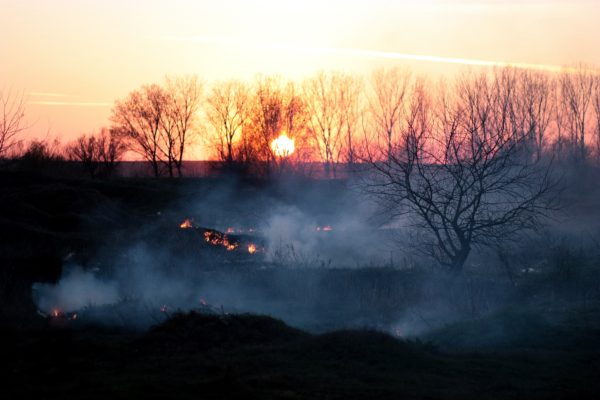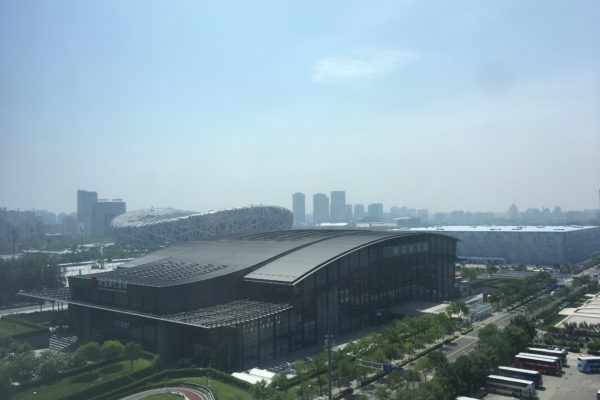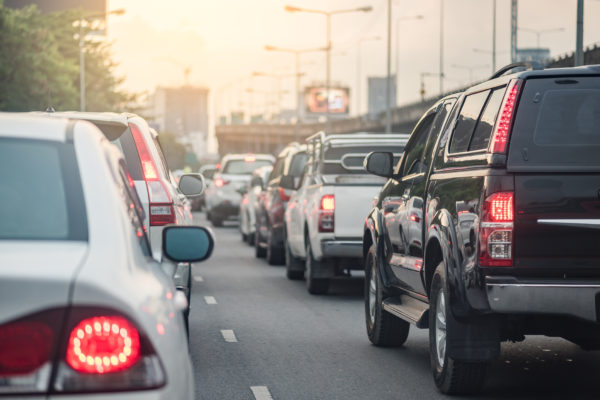Pollution and pandemics: A dangerous mix
Research from the lab of Rajan Chakrabarty in the McKelvey School of Engineering at Washington University in St. Louis has found a close relationship between certain pollutants and the spread of COVID-19 through the United States.
McKelvey Engineering, IIT Bombay partner to study air pollution
A new, joint master’s degree program and shared aerosol science research facility is the latest collaboration in a long history of partnerships between the McKelvey School of Engineering and the Indian Institute of Technology, Bombay.
Analyzing characteristics of fine particles in the air from space
With a $1 million grant from NASA, the McKelvey School of Engineering’s Randall Martin is combining satellite data with measurements on the ground to better understand the pollution that makes us ill.
Which city is most polluted? No one knows
Of all the reasons why researchers would prefer more robust monitoring of pollutants in the atmosphere, one stands out: Having this basic information is an indication of progress in the realm of environmental science. A McKelvey School of Engineering scientist outlines the extent of the gap between what researchers know and don’t know.
A new discovery about a type of wildfire residue
As devastating wildfires rage in California wine country, a team of environmental engineers at Washington University in St. Louis have made a new discovery about wildfire smoke, and its effect on the atmosphere.
Engineers work to fight pollution at home, globally
A group of Washington University aerosol scientists, engineers and administrators traveled to Asia this summer to address some of the important problems related to energy, environment and health that we face today. Here, four engineering faculty share their takeaways.
Crank the AC, cut in-car pollution
After conducting a new research approach using actual commutes, a group of engineers at Washington University in St. Louis discovered a simple shift in driving habits can help to reduce exposure to pollutants while out on the road.
Marine biologist Jane Lubchenco and atmospheric chemist Mario Molina to discuss science and the environment at Assembly Series
Marine biologist Jane Lubchenco and atmospheric chemist and Nobel laureate Mario Molina will deliver the second Sesquicentennial Environmental Initiative Lecture at 3 p.m., Thursday, Oct. 9. The lecture, which focuses on science and the impact of human society on ecological systems, is free and open to the public and will be held in Graham Chapel, located just north of Mallinckrodt Center (6445 Forsyth Blvd.) on the Washington University campus. During its Sesquicentennial year, Washington University is launching an initiative to help better understand the role that research universities can play in addressing issues related to the environment.
An air pollution expert at Washington University in St. Louis says the air pollution created by the Iraqi war is regional and should remain that way
This NASA image shows the smoke from Iraq’s oil fires set early in the confrontation.An air pollution expert at Washington University in St. Louis says the air pollution created by the Iraqi war is regional and should remain that way unless something catastrophic happens such as the torching of the Kuwaiti oil wells in the 1991 Gulf War.
